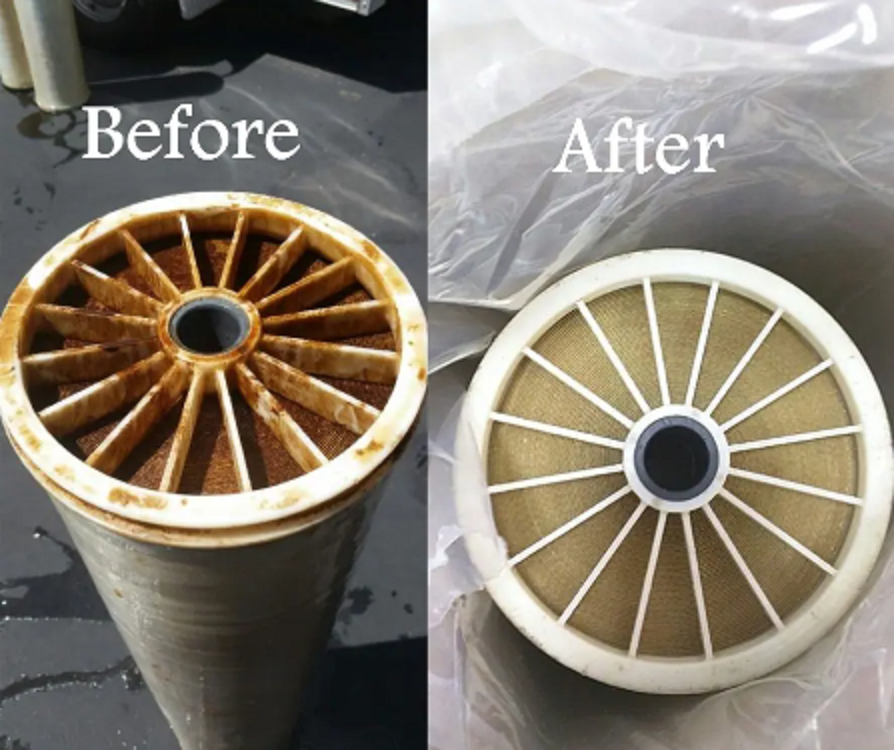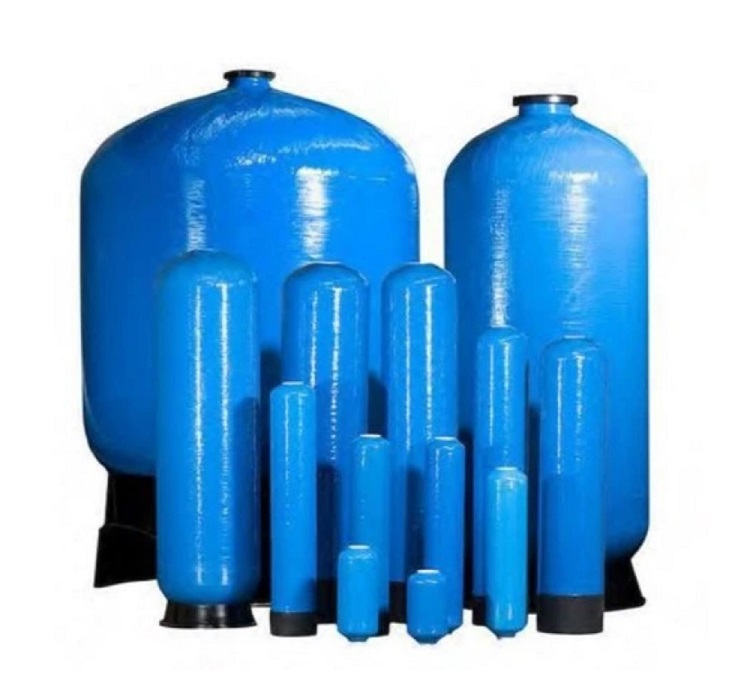
5 Effective Tips for Choosing the Right Water Treatment Plant Supplier
Choosing a water treatment plant supplier is crucial. Whether you are starting a new business, or looking to grow and expand your existing one. Or are you simply trying to ensure that you always have high-quality equipment for your water treatment plant?
Whatever your equipment needs are – building a drinking water treatment plant, a wastewater treatment plant, or need to obtain membranes for a reverse osmosis plant, etc. A good supplier can provide you with exactly what you need when you need it. The wrong supplier could mean costly delays, poor-quality equipment and water, and the inability to meet your growing needs.
Are you evaluating potential suppliers and not quite sure which to choose yet? If you are the owner of an organization that needs water treatment and need assistance in choosing the right supplier for your organization, contact us. We are always happy to help.
Think carefully about your current and future needs
Before you even start looking at suppliers, you need to carefully look at your own company. What are your current water needs? If your business continues to grow, what do you expect your needs will be in a few years?
Don’t just look at the specific station being purchased. Also consider things like:
- How quickly will you need to get your station up and running after placing an order?
- How much will you need to order at a given time? Can your supplier deliver your order on time?
- Will you need ongoing support or service after you make your purchase? What about emergency problems that may occur suddenly or after working hours?
The best supplier for your company will likely be one that offers a wide range of water treatment option offerings that not only fit your needs today, but can continue to partner with you as your business grows.
While it is always possible (and sometimes inevitable) that you may need to change to a new supplier, the ability to maintain a strong relationship with one supplier over a long period of time often translates into greater efficiency, cost savings, and productivity versus Constantly changing suppliers every few years.
Know your options
If you’ve been in your field for decades, you may feel like you have a good handle on what’s out there. But if you are a small business or startup, you may not know what types of suitable suppliers are available to you.
So, if you’re feeling out of your depth in the sourcing process, don’t just sign up with the first supplier you find on Google that seems to have what you need. Some additional ways to find potential suppliers include:
- Attend trade shows and conferences in your field
- Identify other existing companies in your industry (but not necessarily your direct competitors) and reach out to them for recommendations.
Do proper research
Even if a supplier seems to meet all your requirements, you still need to do your research. Is this a reputable and reliable supplier? Can they really deliver everything they promised to deliver?
Check for relevant product-specific or industry-specific certifications and licenses.
How long has the supplier been in business? While it is important to remember that longevity and quality are not the same thing, a company that has been in business for a long time and appears stable is usually a good sign of a supplier’s reliability.
Talk to current and previous customers of the supplier. How long were the waiting times? How much time does the supplier need? Does the supplier provide products and equipment that consistently meet or exceed minimum quality standards? How is your after-sales service and support?
Remember: this research takes time. We know it can be frustrating. But when you choose a supplier, you are making a huge investment of time and capital that will have major ramifications for your business. Investing a little extra time up front in the supplier selection process is worth it in the long run.
Think about your values
For many organizations, finding the right partner is not just about the cost of goods or even the best possible return on investment, in the absence of any other considerations.
For example, if environmental sustainability and supporting the local community are important corporate values, you’ll need to choose suppliers who share these commitments. Therefore, you can choose a supplier that shows a commitment to reducing industrial or packaging waste. Or you may choose a supplier for their ability to deliver your needs to the area you operate in whenever possible to support the local economy and reduce shipping distance.
Keep your budget in mind
Obviously, the cost will be a major consideration when looking for a supplier. After all, the whole point of investing in equipment is to ultimately make money. Any company you choose should be able to offer equipment that fits your budget and does not increase your cash flow.
However, many companies become too focused on the sticker price, which ultimately leads to making a poor choice. The cheapest option upfront is not always the best option. In fact, even the cheapest is often cheap once all the “hidden” costs are taken into account.
If a supplier provides low-quality equipment that requires frequent repair or replacement, for example, the total cost to your company (including actual expenses and opportunity costs resulting from delays or avoidable shutdowns) can be much higher than working with more Cost.
Summary of how to choose a suitable water treatment plant supplier
If you’re new to business or have recently expanded, the first thing you need to know is what you’ll need. You may need more of certain items than others, and you need to consider how efficiently you will get your supplies and how this will impact your customers’ supply.
Credibility
Choose a reliable supplier. This could mean a few things, like do they guarantee their delivery, can they do a quick order, and do they support all of that?
Cost
You should always look at the prices, and you will always want to get the best deal. However, it is good to keep in mind that more expensive does not mean better, and less expensive is not always the best value.
Find a balance that will keep you and your clients happy and it’s a reasonable request from an office supply company.
Quality
You need this to be consistent with all your needs and keep your customers happy. If the quality is below standard, your customers will blame you, not your supplier. When it comes to water, one should never be lenient, starting with the taste and smell, and certainly it is free of germs and pathogens, and it preserves equipment and many advantages that cannot be risked.
Communication and after-sales service
This is a vital part of a business relationship, keeping the lines of communication open and honest. If they can’t deliver, they need to be honest about it.
This also means that your supplier is constantly in touch with you, trying to see if they can help you, keeping you informed of any new policies or products, and checking to see if you are happy or not.


























